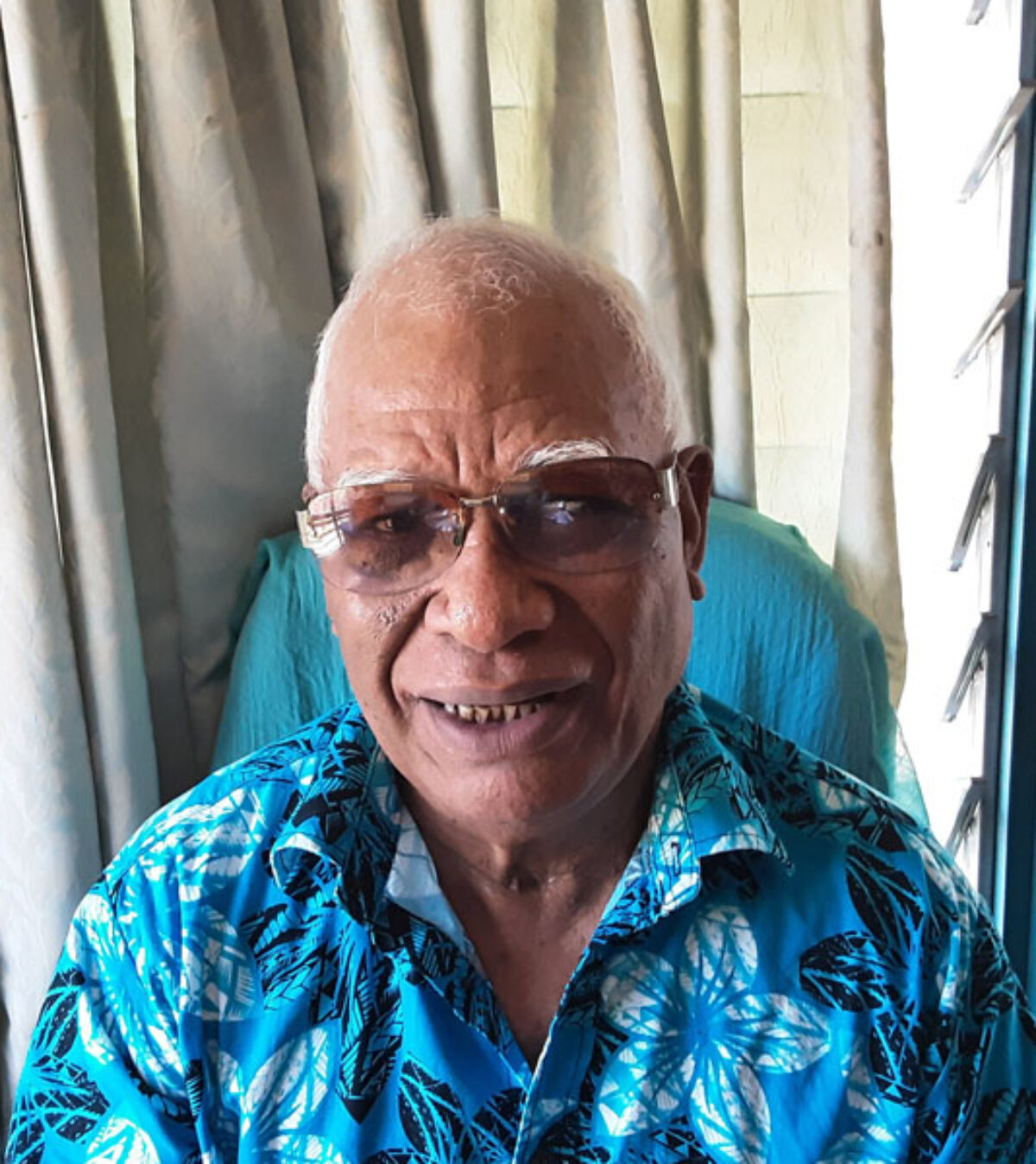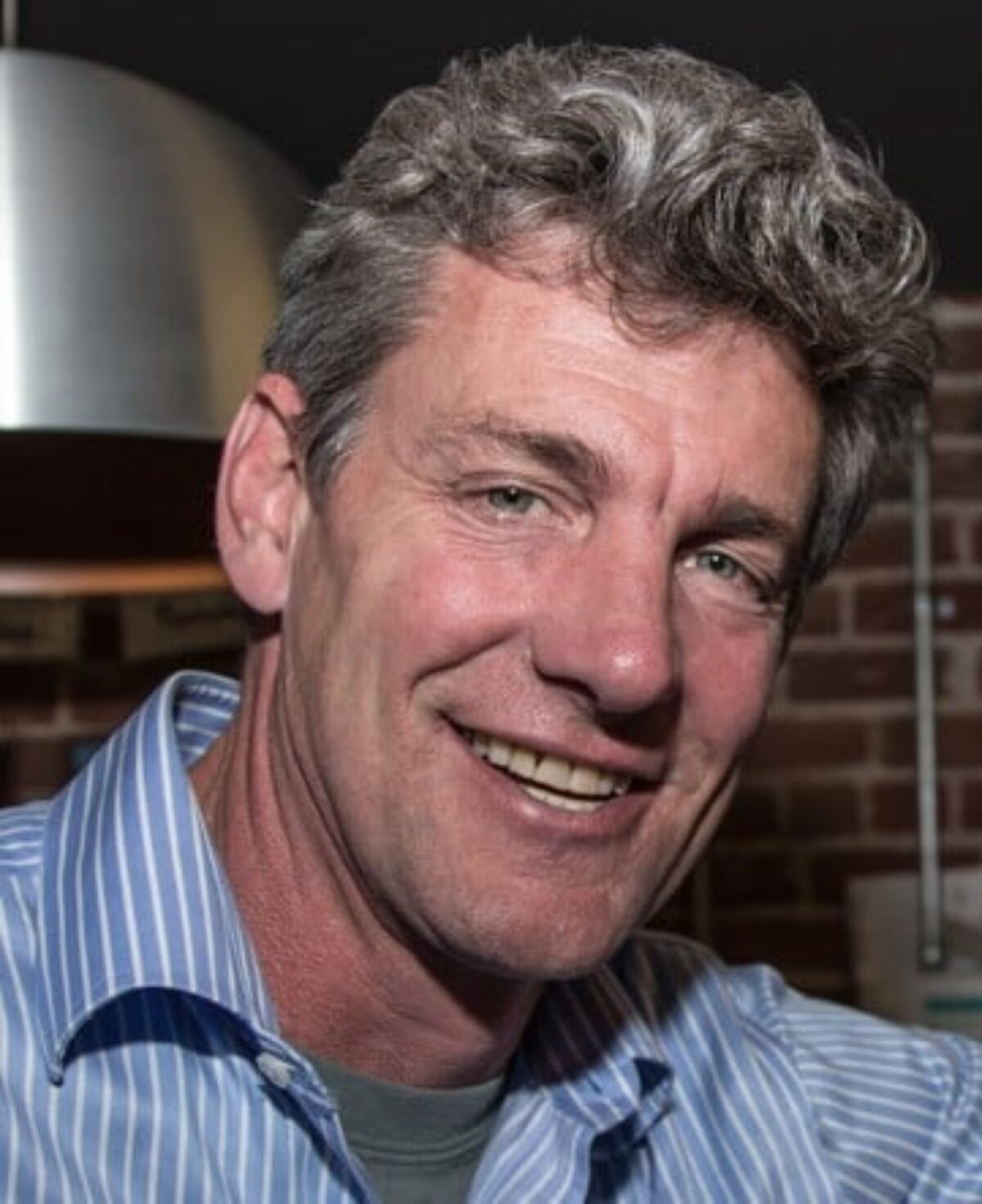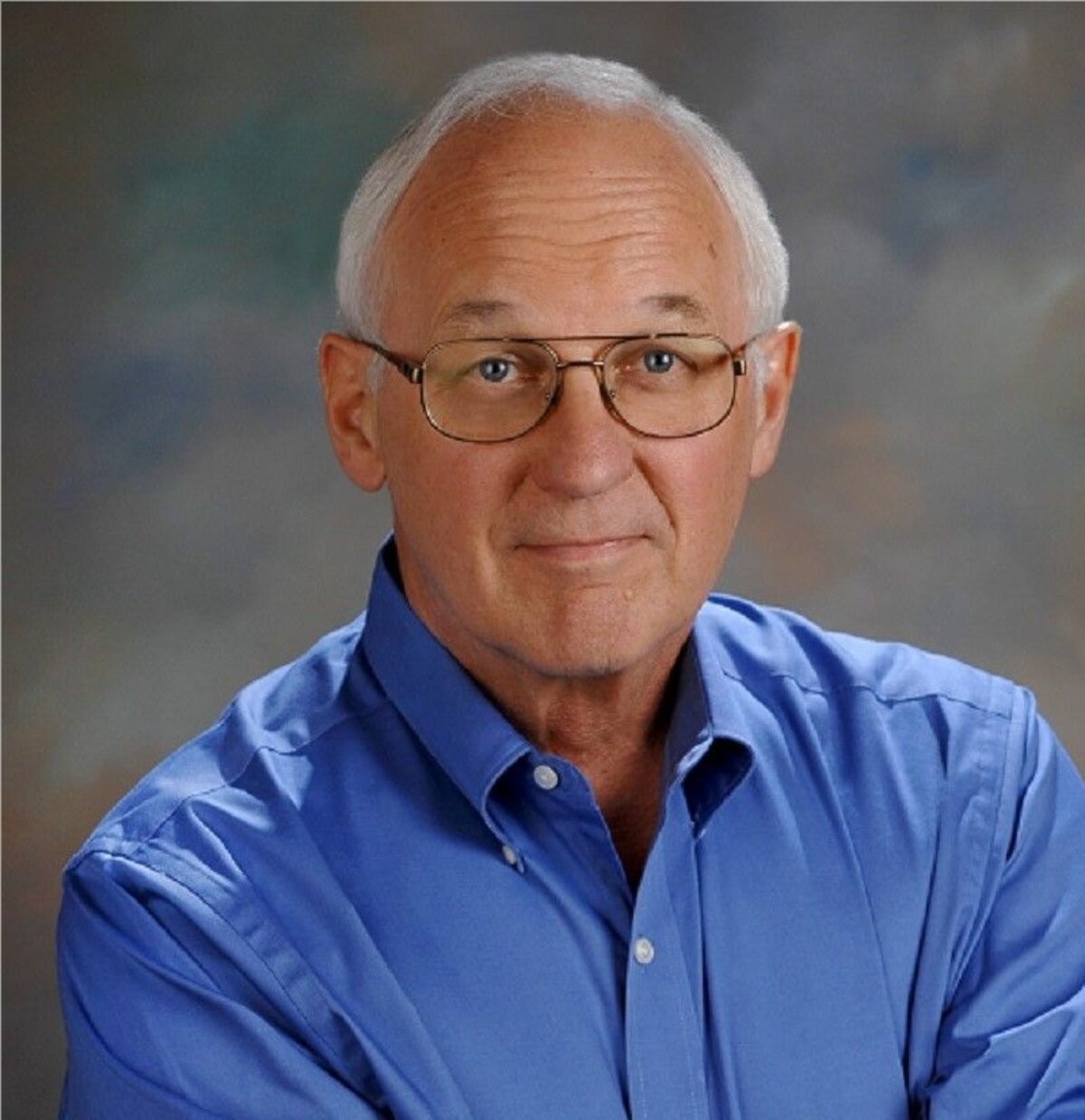Board of Directors
Dr. Cat Dorey is the Fair Catch Campaign Manager at the Australian Marine Conservation Society. She is an environmental activist and science advocate who has been working on fisheries and seafood sustainability for nearly two decades. Cat works with NGOs, industry, governments, and academics to provide up-to-date analysis of current and emerging science and policy development for fisheries management, sustainable and equitable seafood sourcing practices, and most recently fish welfare.
Cat previously worked at Greenpeace, first as the science advisor (2003-2010) and then as international coordinator (2010-2015) for Greenpeace's seafood markets projects, which made significant progress in driving retailers, seafood brands, and large seafood companies to make changes to their seafood sourcing practices. From 2015-2017, Cat was the science and policy advisor for Greenpeace’s international "Not Just Tuna" project, which challenged regional fisheries management organizations (RFMOs) and international seafood companies to address problems of overfishing, bycatch of threatened species, and human rights abuse within the global tuna, shark, and billfish fisheries. She has also worked as a science writer and editor.
Cat has a PhD in immunology from the University of Technology Sydney (UTS). She lives in the bushland suburbs of northern Sydney, Australia, where she can usually be found rock climbing or digging in a permaculture garden.
Aoife Martin is an experienced resource management professional who has worked on fisheries, forestry, and land-management issues. Her experience includes policy development, fisheries management systems, and the operation of the seafood supply chain.
She currently serves as the Operations Director at Seafish, where she is responsible for leading the organization’s Economic Research and Advice unit, Regulatory Affairs unit, and Safety Training and Responsible Sourcing functions. Prior to joining Seafish in 2017, she spent 14 years working for the civil service in New Zealand and the UK.
Aoife is also the independent chair of the North Atlantic Pelagic Advocacy Group, a supply chain initiative focused on driving improvements in the management of key pelagic fisheries. She is also a non-Executive Director on the Board of NatureScot, the government agency responsible for managing Scotland’s natural environment.
She is a graduate of Trinity College in Dublin, Ireland, and has an MBA from the University of Edinburgh, UK.
Cristina Rumbaitis del Rio is Senior Advisor, Adaptation and Resilience, at the United Nations Foundation.
She has nearly 20 years of experience developing and implementing climate change adaptation and resilience programs. Immediately prior to joining the United Nations Foundation, she was a Senior Adaptation and Resilience Advisor with the World Resources Institute and an International Engagement Associate with the Food and Land Use Coalition. Prior to that, she was the Action Track Co-Manager for the Global Commission on Adaptation, where she led the development of impact initiatives on locally led adaptation, agriculture, and food security, among other issues.
She was also a Regional Programme manager for Action on Climate Today, a £23 million UK Agency for International Development-supported climate change program that mainstreamed resilience into planning and budgeting at the national and sub-national level in India, Pakistan, Nepal, Bangladesh, and Afghanistan. Based in New Delhi, she managed an implementation team of approximately 40 people across the program locations. Cristina also served as a Senior Associate Director at the Rockefeller Foundation in New York from 2007-2015, where she developed and managed initiatives to build resilience to climate change in water management, small-scale fisheries, and ecosystems and the services they provide to humankind. She managed a grant portfolio of over $100 Million.
Cristina was a post-doctoral fellow at Columbia University’s Earth Institute and has a Bachelor of Arts degree from Columbia University and a Doctorate in Ecology from the University of Colorado.
Jim Cannon is Chief Executive Officer and founder of Sustainable Fisheries Partnership.
Jim has worked on fisheries, forestry, and conservation issues in Asia, Europe, and the Americas for more than three decades. He was named Intrafish’s “Person of the Year” in 2009.
Jim founded SFP in 2006 to scale-up the impact of fisheries improvement efforts. At the time, there was no organization like SFP, working with the seafood industry to drive change through their supply chains. The model for fisheries conservation that Jim and the SFP team created is now the standard approach to seafood sustainability by seafood companies around the world.
Before starting SFP, Jim edited the UN Food and Agriculture Organization’s World Review of Marine Fisheries in the late 1990s. From 1997 to 2006, he worked at Conservation International (CI), first as head of the conservation economics program and then as co-founder of CI’s Center for Conservation and Government. He has advised McDonald’s on its fish sourcing guidelines and annual sourcing evaluations for more than 20 years and has advised Walmart on seafood sustainability for nearly two decades. He created the Fisheries Improvement Partnerships model, which evolved to become the fishery improvement project (FIP) approach that is widely used today.
From 2005 to 2008, Jim served on the Marine Stewardship Council’s Technical Advisory Board. In 2019 he joined the Board of Verra, to help scale-up financing of projects that tackle climate change and plastics pollution via voluntary offsets markets.
Jim has a degree in population ecology from Cambridge University and an MSc in renewable resources management and an MPhil in fisheries economics from Imperial College London.
Jim is based in the US, in Honolulu, Hawaii.
Chris Brown is a chartered biologist with many decades of experience in sustainability issues in food supply chains.
Most recently, Chris was the Senior Director for Sustainable Supply Chains at ASDA, a UK grocery chain. In that role, he was responsible for the sustainability of ASDA’s Own Brand supply chains. His previous roles at ASDA included Milk and Cream Buyer and Agriculture Development Manager.
Chris co-chaired the Courtauld 2025 Dairy Working Group, a cross-sector collaboration on sustainability and delivering UK national targets, and worked with multiple fisheries and aquaculture organizations, including SFP and Seafish. From 2016-2022, he was a member of UK Research and Innovation Biotechnology and Biological Sciences Research Council’s Bioscience for Sustainable Agriculture and Food Strategy Advisory Panel. He has also participated in the oversight group Nuffield’s Council on Bioethics, the BBSRC and Sciencewise public dialogue on gene editing and farmed animals, the Global Dairy Sustainability Framework Advisory Council, and the Agri-TechE stakeholder group.
Before joining ASDA, Chris worked at Marks and Spencer as an Agriculture Technologist with responsibility for livestock supply chains. He also worked as the Beef Strategy Manager with the Meat and Livestock Commission (MLC), as a development manager for the Assured British Meat whole food chain assurance, as an Appointed Dairy Cattle Specialist with the UK government’s Ministry of Agriculture, Fisheries and Food (MAFF), and as the UK representative at European Union Zootechnical legislation discussions regulating animal breeding.
Chris has a BSc and a PhD in Agriculture from the University of Wales. He is currently based in the UK.
Susanna Fuller is a marine conservation advocate who has worked largely in Canada, as well as international fora, for the past two decades. She focuses on the science-policy-economy interface, with a view toward solving complex problems facing coastal communities and protecting ocean health.
Susanna is currently Vice President for Conservation and Projects for Oceans North, a Canadian charity that focuses on marine conservation in the Arctic and Atlantic Canada. Prior to this, she led the marine conservation program at the Ecology Action Centre, where she established a strong connection to fishing communities, market-based initiatives, and government regulation and policy. Susanna is on the Board of Directors of Ecotrust Canada and the Deep Sea Conservation Coalition, is an active member of the High Seas Alliance, and was a founding member of SeaChoice, Canada's sustainable seafood program. Her seafood markets work has ranged from helping to start a community-supported fishery with local fishermen to involvement in MSC certifications and the Conservation Alliance for Seafood Solutions.
Susanna has a PhD from Dalhousie University on marine sponge diversity in the northwest Atlantic. Her scientific research has also been complemented by extensive work on national and international fisheries and marine conservation policy. Susanna is based in Halifax, Nova Scotia. When not in front of her computer, Susanna is in her garden or outside with her family.
Andrew Hudson has held leadership positions in international and nongovernmental organizations, and has worked as a scientist and educator. From 1996 to 2022, he was Head of the United Nations Development Programme’s Water & Ocean Governance Programme, where he led the mobilization and implementation oversight of $1 billion in grant financing for the protection and restoration of some of the world’s most significant marine and freshwater ecosystems. From 2010 to 2013, he served as the coordinator of UN-Oceans, the UN’s interagency coordination mechanism on oceans. He also conceptualized, raised funding for, and initiated implementation of UNDP’s Ocean Innovation Challenge, which awards competitive grants to entities (NGOs, academia, start-ups, etc.) advancing innovative solutions – technical, policy, economic, financial – to key ocean challenges, such as plastics pollution and overfishing.
He also served as Executive Director of the Center for Field Research at Earthwatch Institute, leading the development of an annual portfolio of over 150 research and conservation projects for Earthwatch funding. Originally trained and practicing as a chemical oceanographer (MIT, University of Rhode Island), Hudson completed his Ph.D. in Environmental Sciences at the University of Massachusetts/Boston, specializing in marine policy and resource economics. He has also taught at the university and secondary school levels and has served as a speaker or moderator at numerous ocean-related international conferences and events, such as the UN Ocean Conference and the Economist World Ocean Summit.
Andy current resides in Kufstein in the Tirol region of Austria.
Lewis Le Vay is an applied marine scientist with over 35 years of experience in research across a wide range of sectors, from aquaculture, fisheries, and offshore energy, to interactions of coastal environmental quality and human health. He likes to work at the interface between academic research and real-world applications, building productive relationships with industry, regulators, and government.
In his role as director of the Centre for Applied Marine Sciences in the School of Ocean Sciences at Bangor University in Wales, Lewis has established a successful track record in fundraising and delivery for complex high-value multi-partner projects. As an academic and consultant, he provides impartial science advice in both individual and representative capacities. His current work in the UK is largely focused on shellfish aquaculture and inshore fisheries management, with broad experience in international research and advisory roles in aquaculture, fisheries, and coastal resource management in over 25 countries across Europe, the Middle East, Southeast Asia, and East Africa/Indian Ocean.
Lewis has a degree in biology from Sussex University, and an MSc in marine biology and a PhD in larval nutrition and feed development for penaeid shrimp and marine fish from Bangor University. He is based in Wales.
Bambi Semroc is Senior Vice President of the Center for Sustainable Lands and Waters at Conservation International. The Center promotes sustainable production and innovative financing models to protect nature and improve human well-being in critical ecosystems around the world.
Ms. Semroc has worked at Conservation International for more than 20 years, with a focus on sustainable agriculture. During her tenure she has worked with retail and consumer goods companies to craft next generation sustainability commitments and innovative sourcing programs and landscape initiatives. Over the past decade she led CI’s coffee program and started up the Sustainable Coffee Challenge, a sector-wide effort to make coffee the world’s first sustainable agricultural product. Ms. Semroc works to ensure companies have the information and tools necessary to integrate biodiversity and ecosystem service considerations into their decision-making processes. She has collaborated with the Starbucks Coffee Company, Walmart, McDonald's, Nestle, The Coca-Cola Company, and others.
Ms. Semroc has been featured for her expertise in sustainable agriculture in media outlets including Men’s Journal, Food Tank, Chicago Tribune, Mongabay, and Daily Coffee News.
Martin Sullivan is Chief Executive Officer of Ocean Choice International, based in St. John’s, Newfoundland, Canada, and the owner of the company, along with his brother Blaine. Ocean Choice is one of Canada’s leading vertically integrated seafood harvesting, processing, and marketing companies, with operations throughout Atlantic Canada and sales and marketing offices around the world.
Martin is an active member of many international, national, and regional seafood industry organizations. He is a past director of the Bank of Canada; a past chairman of the Fisheries Council of Canada (FCC), a national umbrella industry association; and a founding director of the Association of Seafood Producers (ASP) in Newfoundland and Labrador. He is currently an industry advisor to the Department of Fisheries and Oceans regarding the Northwest Atlantic Fisheries Organization (NAFO) and an active member on several other industry organizations, including the Association of Seafood Producers (ASP) in Newfoundland and Labrador, Atlantic Groundfish Council (AGC), and the Canadian Association of Prawn Producers (CAPP).
Giving back to the community is also important to Martin, and he supports various charities, including scholarships at Memorial University of Newfoundland and Labrador, as well as at the Marine Institute. He is past chairman of the Janeway Children’s Hospital Foundation Board of Directors and co-chair of the Calvert Masters Golf Tournament for Charity.
Martin grew up in a fishing family in Calvert, Newfoundland, a small town of 500 people 50km south of St. John’s and is still based in Newfoundland. He has a B.Comm (Honors) and an MBA from Memorial University of Newfoundland.
Geoff Tingley is a career scientist with over 30 years’ experience in population dynamics, leading science programs, conducting research, and providing advice for governments, regulatory bodies, and industry in developing and developed countries across the world. Initially working in parasite population dynamics and the biological control of insects, he transitioned to fisheries science while working at Imperial College, London.
Following more than a decade at Imperial, Geoff worked for 15 years in fisheries management, business development, and improving fishery sustainability at the UK’s leading fisheries research institute (Cefas). From the UK, Geoff moved to New Zealand as a Principal Scientist at the Ministry of Fisheries, contributing significantly to the development of fisheries management practices, supporting MSC certification, and developing links between industry and regulators. He was recruited by SFP as Fishery Technical Director in 2014, a role he held for seven years. At the same time, he set up a fisheries science and management consultancy (Gingerfish) that has been working on fisheries sustainability issues globally since 2014.
Geoff has worked on a wide variety of fisheries, from small-scale artisanal fisheries in Eritrea, Indonesia, and Peru to large industrial fisheries in the US, Europe, and the Pacific, including freshwater, marine, finfish, shellfish, nearshore, and deepwater fisheries. Through this work, he has gained extensive experience of different fishing gears, their bycatch, and mitigations that support sustainability and approaches to certification. He consults with and for governments, RFMOs, NGOs, IGOs, and throughout the supply chain (catching, processing, and retail sectors) and has advised across all types and scales of management on local, national, and transboundary fisheries.
Geoff’s guidance continues to be sought out by organizations such as RFMOs and the UN FAO, who value his longstanding focus on the interface between science and fisheries management and improving the sustainability of fisheries. He has been actively involved in the MSC drive for sustainability since the early 2000s.
Geoff holds an honors degree in zoology from King’s College (University of London) and a PhD in parasite ecology from Imperial College. He has been called upon as a speaker and subject matter expert at events, conferences, and symposiums, and is regularly in demand as a reviewer of fish stock assessments and sustainability certification worldwide.
Geoff is currently based in New Zealand.
Andrew Yanagihara is the Managing Director of D-Dining Inc., in Japan. He established the company in 2008 with 80 McDonald’s franchises in Japan, and today owns and runs 90 restaurants in Chiba prefecture, employing nearly 5,000 people. Before starting D-Dining, from 1999-2008, Andrew was a Senior Vice President at Delmar Co., Ltd., which is a long-time supplier of fish and shrimp products to McDonald’s Japan. At Delmar, Andrew was in charge of production, quality assurance, imports and exports, customs clearance, and distribution. Andrew has also worked as a manager of international imports and exports for Toshoku America, Inc. in New York, importing coffee and cacao beans from South and Central America to Japan. From 1993-1996, he was a pilot trainee for Japan Airlines, where he obtained his pilot’s license.
Andrew has a Master of Business Administration degree from Aoyama Gakuin University in Japan. He lives in Tokyo.



